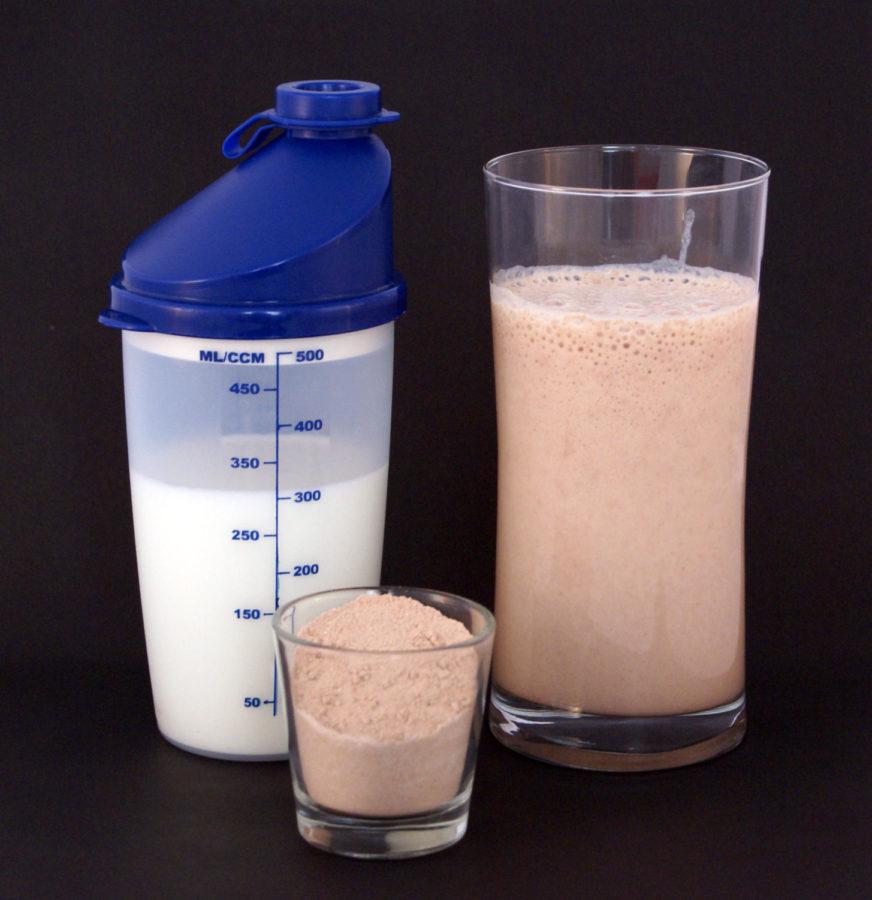Debunking protein myths
The benefits of protein are numerous, and not just for people who spend hours in the gym.
September 30, 2014
With all of the information on health and nutrition that is going around, it can be hard to know what the truth is. Nicole Arnold, Hy-Vee dietitian and certified personal trainer, assisted with debunking some common myths that are associated with protein and protein supplements.
1. Myth: Women should stay away from protein because it will make them “bulk up.”
Truth: “It’s a myth that women will bulk up by lifting too many weights and eating too much protein,” explained Arnold, “The body is intelligent at using what it needs and disposing of the rest.”
2. Myth: There’s no such thing as “too much” protein.
Truth: “I’ve heard guys say that they’re eating six cans of tuna per day,” said Arnold, “They have a mindset that if one thing is good, than more is better, and that’s not true.”
Protein intakes are specific to age, gender, height and weight.
“The body can only utilize 30 grams of protein per meal per sitting,” said Arnold, “People consuming more than this are wasting a lot of money because it’s overworking the kidneys.”
3. Myth: Protein is only for body builders.
Truth: The benefits of protein are numerous, and not just for people who spend hours in the gym. “After age 25 we begin to lose muscle mass every year, and protein actually helps us with muscle synthesis and maintenance,” said Arnold.
Protein also satisfies hunger longer.
“Protein takes the longest to digest in our stomachs, so it gives fullness,” said Arnold, “If you’re not eating enough protein, a lot of times you will feel constantly hungry and unsatisfied.”
4. Myth: All protein powders are made the same.
Truth: Protein powders can differ from brand to brand, and Arnold explained the importance of looking at the label and knowing what you should look for. “Check the grams of sugar and also the ingredient list for other sugar sources,” said Arnold.
Another thing to check the ingredient list for is protein isolate. Protein isolate is the most easily absorbed type of protein, and should be the first ingredient on the package. Arnold prefers a protein powder with at least 20 – 25 grams of protein per scoop, as well as one that doesn’t have any sugar substitutes.
5. Myth: Protein shakes are the only way to consume protein powders.
Truth: “The amount of ways that people are finding ways to consume protein powder is endless,” said Lauren Millen, junior in food science and treasurer of the Food Science Club, “I put it in my pancakes, smoothies, oatmeal, iced coffee and so much more.”







